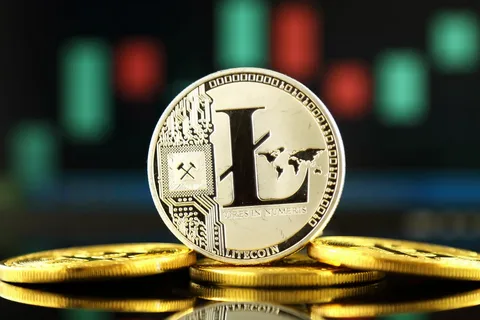Crypto Regulatory Roundup: A Summary of Recent Developments in the Mining Industry
As the global cryptocurrency market continues to evolve, the need for effective regulation has become increasingly pressing. In the mining industry, regulatory frameworks are designed to ensure the integrity and sustainability of the sector. Here’s a summary of recent developments in the mining industry, highlighting key regulatory updates, industry trends, and market insights.
New Mining Regulations in the United States
In the United States, the Securities and Exchange Commission (SEC) has been actively monitoring the mining industry, aiming to protect investors and ensure fair practices. Recently, the SEC has made significant strides in regulating the industry, including:
- Guidance on STOs (Security Token Offerings): The SEC issued a report highlighting the importance of registering STOs as securities, signaling a tighter grip on the market.
- New Crypto Mining Guidelines: The agency proposed new guidelines for mining operations, focusing on environmental impact, labor practices, and corporate governance.
European Union’s Efforts
The European Union (EU) has also been tightening its regulatory grip, with the European Securities and Markets Authority (ESMA) taking the lead:
- WPO (Walet Proof of Ownership): ESMA has launched an investigation into WPO, a new tokenized asset class, to assess its potential risks and benefits.
- Anti-Money Laundering (AML) Requirements: The 5th Anti-Money Laundering Directive, effective from January 2020, sets stricter AML requirements for the crypto sector.
Other Regional Developments
Asia-Pacific:
- Japan’s Financial Services Agency (FSA): The FSA has set stricter rules for cryptocurrency exchanges, emphasizing self-regulatory oversight and cybersecurity measures.
- South Korea’s Blockchain and Cryptocurrency Act: A new act aims to promote the development of the domestic blockchain and cryptocurrency industry while enhancing regulatory oversight.
Latam:
- Brazil’s Earned-Power Status: The country’s central bank and securities regulator have reclassified cryptocurrency as a highly volatile asset, allowing for more stringent oversight.
- Argentina’s Marco Fintech: A new law focuses on developing the fintech sector, including cryptocurrencies, while ensuring consumer protection and regulatory compliance.
Key Takeaways and Insights
- Increased Regulation: As the market grows, governments and regulatory bodies are taking proactive measures to ensure the industry’s integrity and sustainability.
- Global Harmonization: International coordination and standardization are crucial to avoid regulatory inconsistencies and promote fair competition.
- Industry Compliance: Mining operations must adapt to changing regulations to maintain operational integrity and attract investors.
- Blockchain Innovation: Regulators are acknowledging the potential benefits of blockchain technology, fueling research and development in the sector.
- Market Sentiment: Despite regulatory fluctuations, the industry remains optimistic, with many experts predicting a bright future for cryptocurrency and related technologies.
As the mining industry continues to evolve, regulatory bodies must strike a balance between encouraging innovation and ensuring public trust. With these recent developments, the path forward is clear: global regulatory alignment, increased transparency, and a deeper understanding of the complex interactions within the sector.

